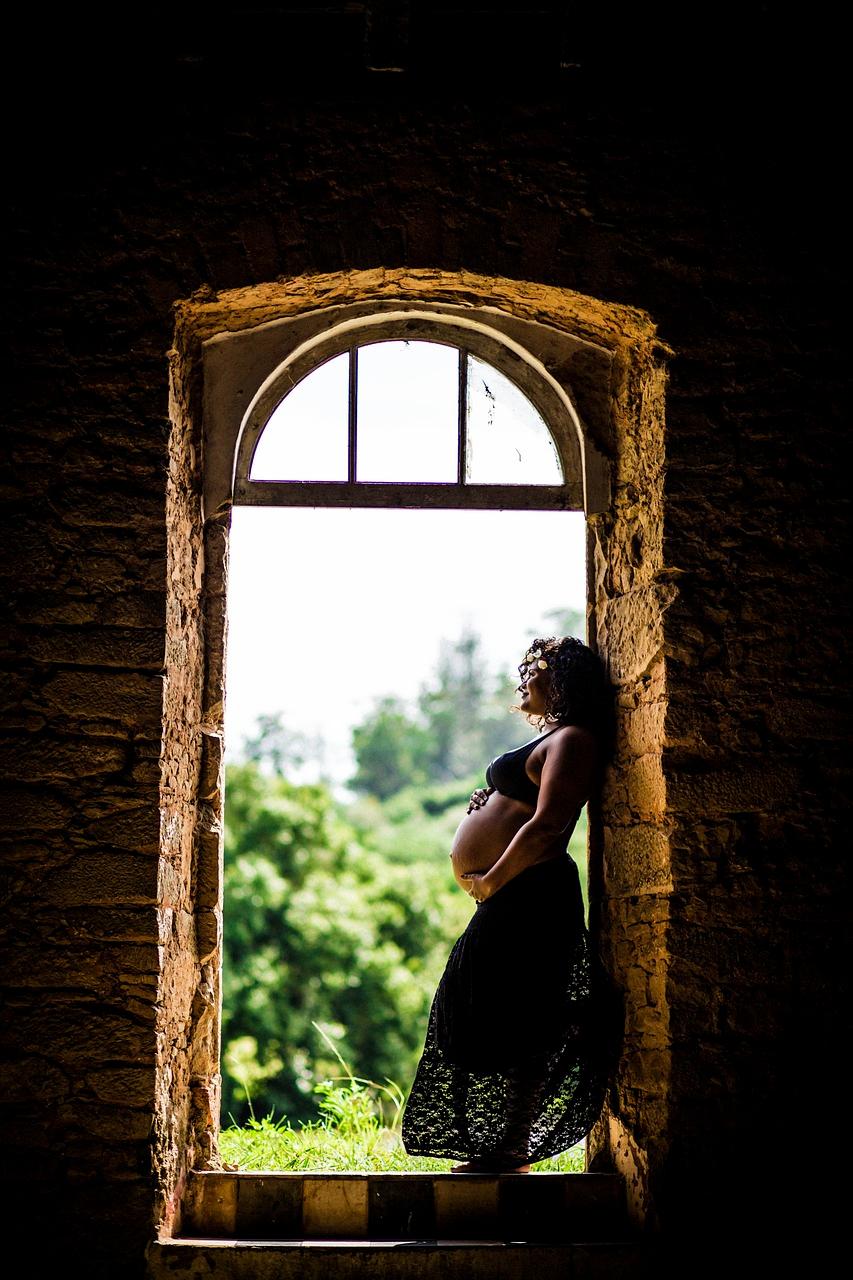When it comes to determining if you’re pregnant, timing is key. Most pregnancy tests on the market today can be conducted from the first day of a missed period. This is because the tests work by detecting a hormone called human chorionic gonadotropin (hCG) that is produced during pregnancy.
Menstrual Cycle Tracking
If you are unsure when your next period is expected, you should wait at least 21 days after the last time you had unprotected intercourse before taking a pregnancy test. This waiting period allows enough time for hCG levels to be detectable in your urine.
Early Testing Options
For those who are eager to find out if they are pregnant even before missing a period, there are very sensitive pregnancy tests available that can detect hCG levels early on. These tests can sometimes provide accurate results as early as six to eight days after conception.
Accuracy of Results
It is important to note that while early testing is possible, the accuracy of the results can vary. Testing too early may yield a false negative result, as hCG levels may not yet be high enough to be detected by the test. For the most accurate results, it is recommended to wait until after your missed period before testing.
Factors Affecting Pregnancy Test Timing
Several factors can influence the timing of when you can accurately detect pregnancy. These factors include the sensitivity of the pregnancy test, the regularity of your menstrual cycle, and the timing of ovulation and fertilization.
Considerations for Early Testing
If you choose to take a pregnancy test early, it is essential to follow the instructions carefully to ensure accurate results. Using first-morning urine, which is more concentrated and likely to contain higher levels of hCG, can increase the test’s sensitivity.
False Negative Results
Keep in mind that receiving a negative result on a pregnancy test does not always mean you are not pregnant. If you receive a negative result but still suspect you may be pregnant, consider retaking the test after a few days or consulting with a healthcare provider.
Seeking Medical Advice
If you have concerns about pregnancy or are experiencing symptoms such as missed periods, nausea, or fatigue, it is advisable to consult with a healthcare provider. They can provide guidance on testing, offer support, and address any questions or concerns you may have.
Emotional Considerations
It is normal to experience a range of emotions when considering the possibility of pregnancy. Whether you are hoping for a positive or negative result, it is essential to take care of yourself emotionally during this time and seek support from loved ones if needed.
Next Steps
After receiving the results of a pregnancy test, it is essential to consider your next steps. If the test is positive, you may wish to schedule an appointment with a healthcare provider to confirm the pregnancy and discuss prenatal care options.
Conclusion
In conclusion, the timing of when you can know if you are pregnant varies based on individual factors and the type of pregnancy test used. By understanding the factors that influence test results and following testing guidelines, you can obtain accurate and reliable information about your pregnancy status.

